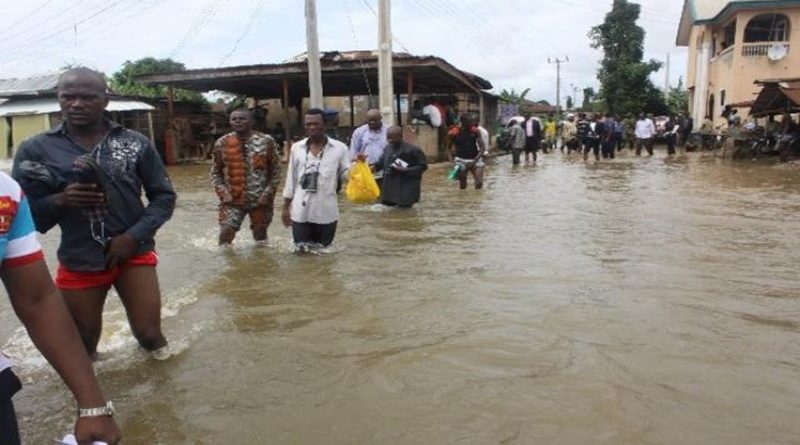64 percent of Nigerian Households were affected by Floods in 2022
The National Bureau of Statistics (NBS) released the Nigerian Flood Impact, Recovery, and Mitigating Assessment Report 2022–2023, which detailed the significant losses in life and livelihoods as well as the interruption of vital services and economic activity as a result of flooding.
The percentage of rural areas that experienced the flood’s effects was 74%, whereas only roughly 40% of urban areas did. The floods affected almost 99% of the houses in Bayelsa, 94% in Jigawa, 70% in Nasarawa and Kogi, 57% in Delta, and 23% in Anambra. The flood of 2022 had an overall impact on 64% of Nigerian households, affecting things like access to vital services like healthcare and education, housing, and food supplies.
Significant effects on agricultural activities led to a sharp decline in food output and an increase in food insecurity. The assessment also shows that the towns and households that were impacted by the flood in 2022 recovered slowly; hence, a plan for future flood risk mitigation and recovery is necessary.
Concurrently, a long-term plan for reducing the risk of flooding must be developed. This plan should involve planting trees to stop soil erosion, constructing sustainable drainage systems, and putting in place land-use planning that considers regions that are vulnerable to flooding.




